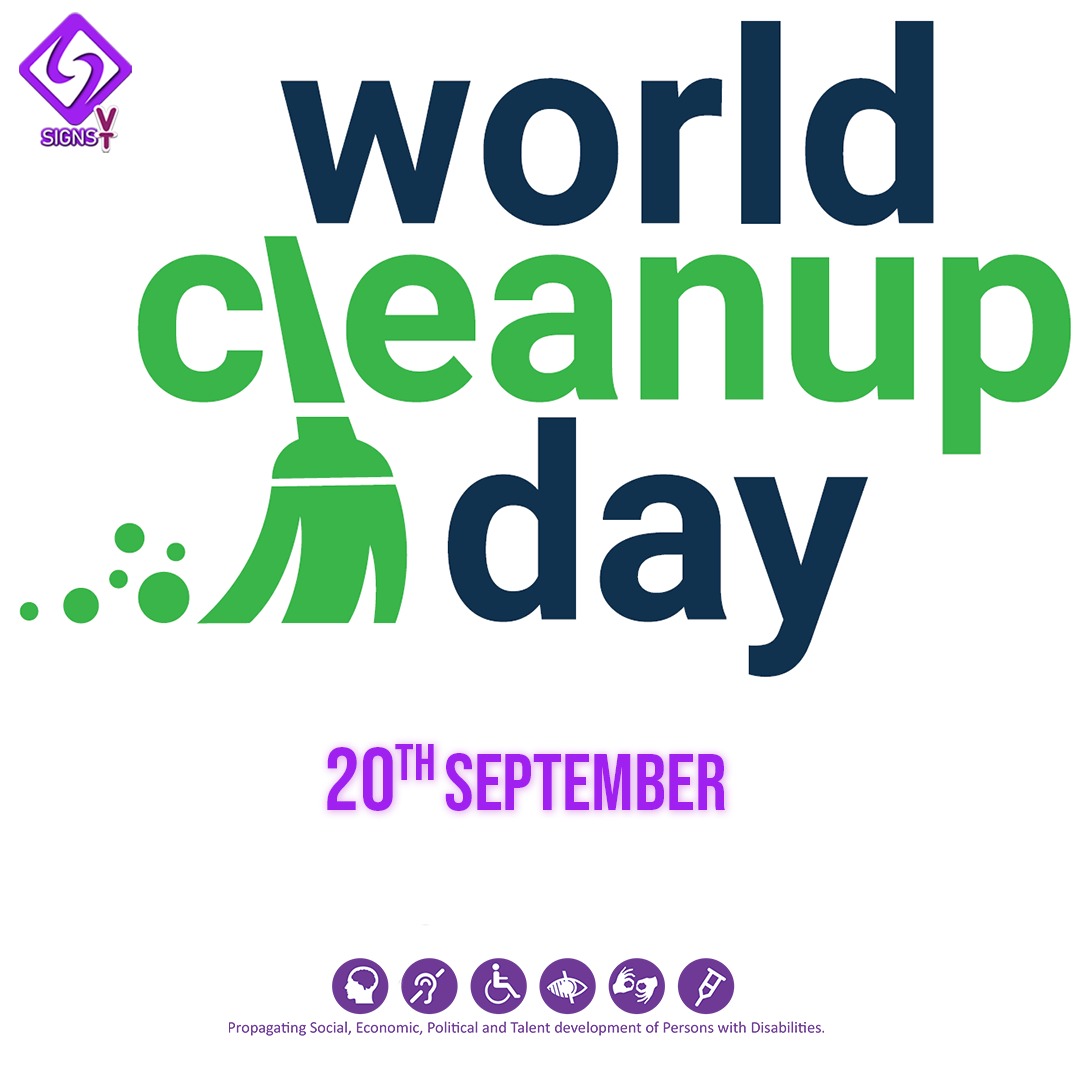World Cleanup Day 2025: A Call to Action for a Cleaner, More Inclusive Future

Today, as Kenya joins the world in marking World Cleanup Day 2025 under the global theme “Strive for Five” — with a special focus on tackling textile and fashion waste through circular fashion — thousands of Kenyans are turning out to confront a crisis that is as visible as it is urgent.
The campaign’s ambition is bold: to mobilize 5% of the world’s population to take part in cleanup activities, sending a powerful message that change is possible when communities act together. In Kenya, the day serves as a stark reminder that waste is not just an environmental issue — it is also a health, economic, and social justice concern.
Kenya generates an estimated 3,000–4,000 tonnes of municipal solid waste daily, with Nairobi alone contributing about 2,400 tonnes per day. Much of this waste ends up in overflowing dumpsites or is openly burned, releasing toxic smoke into surrounding neighbourhoods. Dumps like Dandora, officially full for over two decades, continue to operate and pose severe health risks.
Communities near these sites report respiratory illnesses, eye irritation, and heightened asthma cases, especially among children. Waste pickers — many of them women — face daily exposure to hazardous materials, with evidence linking it to skin infections and even reproductive health complications.
This year’s call to action goes beyond litter. By focusing on fashion and textile waste, World Cleanup Day highlights how what we wear, buy, and discard impacts not only the planet but also human health. For persons with disabilities (PWDs), the stakes are even higher.
Environmental factors contribute to and exacerbate disability. Kenya’s National Survey for Persons with Disabilities found that 15% of PWDs report that environmental factors affect them daily. Around 65% view their environment — from waste and pollution to inaccessible infrastructure — as a major problem in daily life.
In Kitui County, a 2024 study revealed that among PWDs, 44.2% live with mobility impairments, 34.4% with visual impairments, and 21.4% with hearing impairments. Many cited barriers in sanitation and hygiene facilities: slippery floors, poorly designed latrines, lack of privacy, and physical obstructions from unmanaged waste.
Uncollected trash, clogged drainage, and polluted air do more than dirty the environment — they multiply obstacles for PWDs. Blocked pathways limit wheelchair users, broken glass threatens those with visual impairments, and smoke worsens respiratory conditions. A dirty environment is, in truth, a disability risk.
World Cleanup Day offers more than a symbolic moment — it’s a trigger for reflection and sustained action. To make the difference last, Inclusive waste management, including Cleanups and waste infrastructure, must be accessible to all, with adapted tools and protective gear for PWDs.
Policy alignment, where Kenya’s environmental laws and the Persons with Disabilities Act should work hand-in-hand to ensure waste management is also framed as a disability rights issue.
Circular solutions like this year’s focus on fashion and textile waste challenge us to rethink consumer habits, promote recycling, and build a sustainable fashion economy.
Youth and leadership. Young Kenyans, including youth with disabilities, are already leading cleanups, awareness campaigns, and advocacy. Their participation must be amplified with resources and policy backing.
As Kenyans participate in cleanups today, the “Strive for Five” theme challenges us to mobilize not just a fraction but the whole of society. If 5% of the population can inspire millions, imagine the transformation when waste management is inclusive, circular, and sustainable.
The clean environment we fight for is not just about beauty — it is about dignity, health, and inclusion. On this World Cleanup Day, let us remember: environmental justice is also disability justice.
Tags: Editor's Pick World Cleanup Day World Cleanup Day 2025


